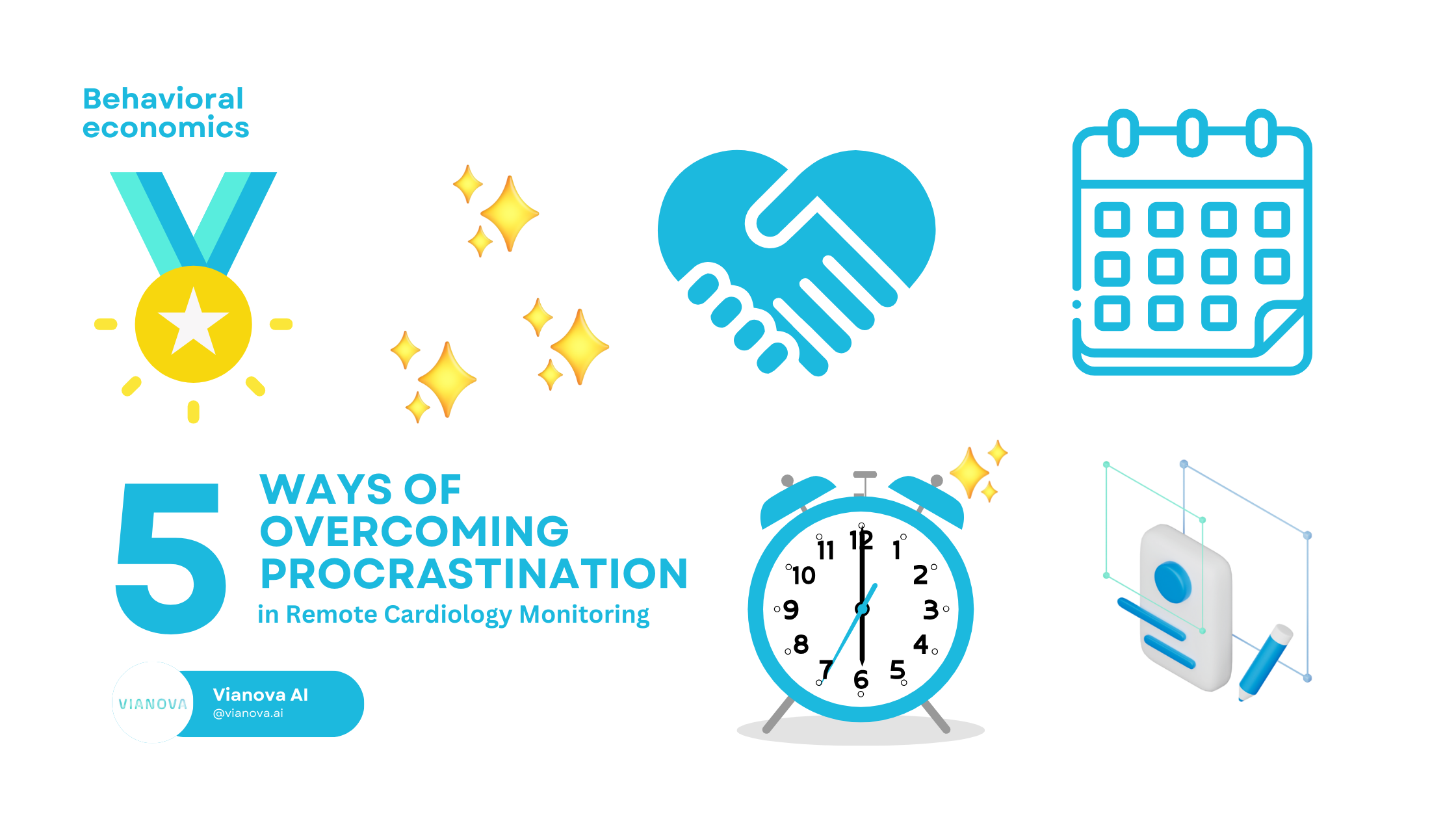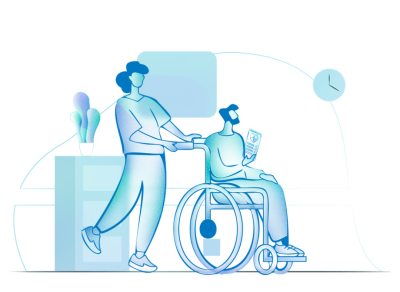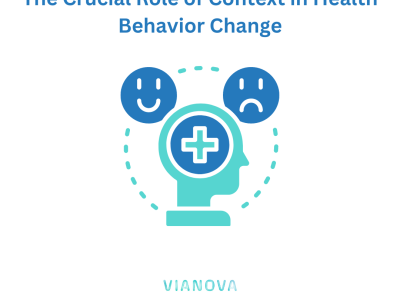
Overcoming Procrastination in Remote Cardiology Monitoring
Procrastination – it’s a tendency that plagues many of us, even when it comes to our health. In the context of Remote Patient Monitoring (RPM) for cardiology, procrastination can be a significant barrier to patient adherence. However, behavioral economics offers a toolkit of strategies to help patients overcome this tendency and stay on track with their heart health management. In this article, we’ll explore how commitment devices and self-control mechanisms can be powerful tools for conquering procrastination.
The Procrastination Puzzle
Procrastination is the act of delaying or postponing tasks that need to be accomplished. For patients engaged in RPM for cardiology, procrastination might manifest as putting off taking daily vital readings, skipping medication doses, or neglecting to log important health data. Overcoming this inclination is crucial for ensuring the success of RPM programs.
Commitment Devices: Making Future Choices Binding
In behavioral economics, a commitment device is a strategy or tool that helps individuals commit to their intended course of action, making it more difficult to deviate from their plans. For RPM patients prone to procrastination, commitment devices can be a game-changer.
1. Pre-Commitment Contracts: Patients can create pre-commitment contracts that obligate them to adhere to their monitoring routine. These contracts may involve setting personal goals, such as recording daily readings or taking medications as prescribed, with associated consequences for non-compliance.
2. Financial Commitment: Patients can leverage financial commitments by putting money on the line. If they don’t meet their RPM targets, they could lose a predetermined sum or forfeit a deposit.
3. Social Commitment: Patients may involve a social element by sharing their RPM goals and commitments with friends or family members who can hold them accountable.
Self-Control Mechanisms: Aiding in Decision-Making
Self-control mechanisms in behavioral economics help individuals make better choices by addressing their inherent biases and impulsive tendencies.
1. Structured Decision-Making: Patients can use structured decision-making tools, like decision matrices, to logically weigh the pros and cons of adhering to their monitoring plan. This helps them make informed choices rather than acting on impulse.
2. Implementing Reminders and Alarms: Patients can set up timely reminders and alarms for their monitoring tasks, making it more challenging to procrastinate when a clear notification prompts them to act.
3. Daily Planning: Patients can engage in daily planning, setting specific goals and to-do lists. By breaking tasks into smaller, manageable steps, they can reduce the tendency to procrastinate.
4. Reward Substitution: Patients can reward themselves for adhering to their monitoring routines. This could involve small incentives like a favorite snack, a relaxing activity, or a short break.
5. Self-Compassion and Forgiveness: Patients can practice self-compassion and forgiveness for any past procrastination. This can help reduce the negative emotional associations with tasks, making them less daunting.
Combining Commitment Devices and Self-Control Mechanisms
The most effective strategy for combating procrastination in RPM involves combining commitment devices and self-control mechanisms. Patients create a commitment contract that includes a plan for implementing self-control strategies. This combination provides a structured framework that makes adherence more likely.
By employing behavioral economics principles, patients can transform their tendency to procrastinate into a powerful force that drives them towards better cardiac health. The next article in our series will delve into the concept of risk perception and how it can be influenced to motivate patients to take their heart health more seriously. Stay tuned for more insights into the dynamic world of behavioral economics and cardiology.



FEEL FREE TO DROP US A LINE.